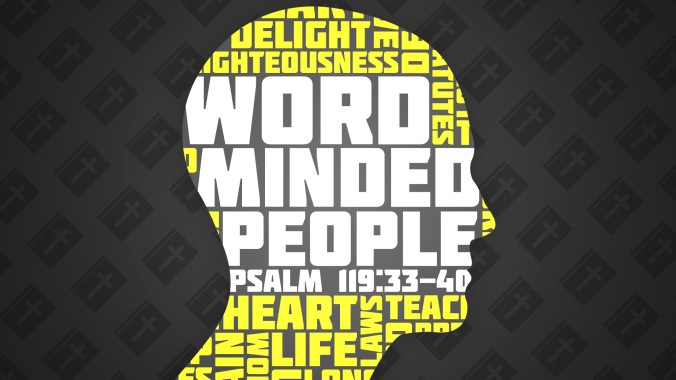Is our love genuine?
Paul, when writing to the church in Corinth (2 Cor. 8) concerning the collection for the suffering saints in Jerusalem, drops this provocative thought in verses 8 and 9:
“I say this not as a command, but to prove by the earnestness of others that your love also is genuine. For you know the grace of our Lord Jesus Christ, that though he was rich, yet for your sake he became poor, so that you by his poverty might become rich.”
Just before, he told them of the already impoverished Macedonian church who in joy, gave generously to the Christians in Jerusalem, clearly meant as an example, a nudge. And he says that their actions, their attitude, their own voluntary, joyful generosity, will prove that their love is genuine. What a weighty statement.
Yet, he doesn’t leave them hanging under all that pressure; Paul quickly follows with the gospel. Christ left his own, personal comfort, wealth, abundance, blessings and came to earth. And if that weren’t enough of a culture-shock and downgrade, he descended further, living a life of poverty and homelessness. And as though he hadn’t been abased enough, he continued -he volunteered- to humble himself by enduring slander, abuse, persecution, wrongful death, and alienation from his Father, so that we could be heirs with him. So that we could share in the life he left. So that we could be reconciled with our Father. So we could experience comfort and spiritual wealth. So we could have victory over death and be empowered by God’s grace and spirit.
So we could go and do likewise.
It is because of God’s forgiveness of our sins that we can forgive others. It’s because of God’s longsuffering with us that we can endure and strive patiently with our neighbors and brothers and sisters. And it’s because of God’s love and grace towards us that we can liberally love and give to others without fear.
There are many ways to give today, and although the collection plate is the obvious one, it isn’t the only one. Often there are many needs around us. Can we give money? Can we provide meals? Visits? Can we lower our standard of living so that others might have their needs met? Can we support missions or foreign needs? Can we set aside a collection at home so that when tragedy strikes others, we have extra to supply?
“For I do not mean that others should be eased and you burdened, but that as a matter of fairness your abundance at the present time should supply their need, so that their abundance may supply your need, that there may be fairness. As it is written, “Whoever gathered much had nothing left over, and whoever gathered little had no lack.” 8:13-15
By God’s grace we’ve been empowered to live out for others what Christ has done for us. And if we aren’t doing so, is our love, is our faith, genuine? Or do we need to re-ignite our zeal with reminders and deeper understandings of the gospel?
Reading: 1 Sam 15-16, Ps 119:41-48, 2 Cor 7-8










